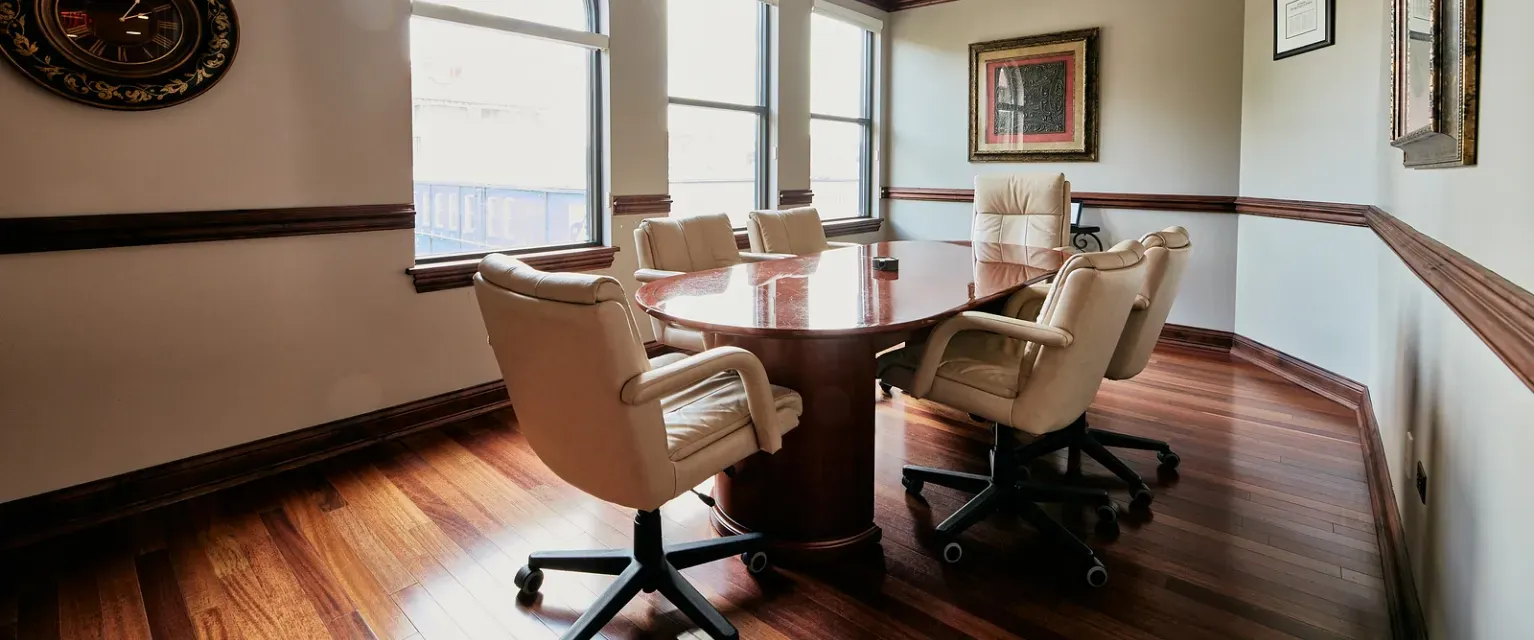Good brakes are essential for all vehicles, and especially for large trucks that often weigh up to 80,000 pounds when fully loaded. Braking a large commercial truck is very different from braking a passenger vehicle. Drivers must be trained in how to properly use the brakes on trucks and should be able to rely on the safety of those brakes.
An anti-lock braking system (ABS) is required on all newer trucks and trailers. The ABS helps prevent a truck’s wheels from locking up and skidding, helping keep all motorists safer. However, truck brakes sometimes fail. When they do, the result can be catastrophic.
If you were injured in a truck accident caused by truck brake failure, you may be able to recover significant compensation for your damages. However, these cases are usually complex. They often include multiple parties, insurance companies, and attorneys. You need the assistance of an experienced Chicago truck accident attorney with a proven record of success.
At Meyers & Flowers, our truck accident lawyers have helped secure billions of dollars in settlements and verdicts for our clients. We know how to help you get the justice and full compensation you deserve. Call (630) 824-3963 or visit our contact page and schedule a free consultation to discuss your claim.
What Is an Anti-Lock Braking System (ABS)?
Without anti-lock braking systems (ABS), when you suddenly step down on the brake pedal to avoid a crash, a vehicle’s wheels can lock up, causing the vehicle to lose control and skid. When this happens, you may be unable to steer and spin uncontrollably.
The ABS is created and designed to prevent a vehicle’s wheels from locking up when braking. ABS comes standard on almost all new cars and motorcycles.
The Federal Motor Vehicle Safety Standard Number 121 requires that all new air-braked vehicles with a Gross Vehicle Weight Rating of 10,000 pounds or greater be equipped with ABS. Additionally, ABS is required on all tractors manufactured on March 1, 1997 or later, and on all air-braked semi-trailers and single-unit trucks manufactured on or after March 1, 1998.
Why Do Brakes Fail?
Generally, brakes may fail for two reasons – the brakes are unreliable or the driver uses improper braking technique. Brakes are usually unreliable due to either a manufacturing or design defect or negligent maintenance. Bad braking technique may be caused by inadequate training, driver fatigue, or other driver error.
Potentially liable parties in a brake failure truck accident claim may include the truck driver, trucking company, maintenance or repair company, manufacturer of brakes or other equipment, or even an employment screening business.
Our personal injury attorneys in Chicago investigate truck accidents carefully to identify all possible causes so all at-fault parties are held accountable, helping you recover maximum compensation.
Injuries Caused By Brake Failure in Truck Accidents
When an 80,000 pound truck and trailer travelling at a high speed is unable to brake before crashing into another vehicle, the injuries are often fatal or life-altering. Some injuries caused by brake failure in truck accidents in Chicago include:
- Traumatic brain injuries.
- Spinal cord injuries, including paralysis.
- Severed limbs.
- Internal bleeding and organ damage.
- Burns.
- Disfigurement.
- Neck and back injuries.
Such injuries often require long-term, expensive medical care and may leave the injury victim permanently disabled. Before accepting a settlement offer, you should ensure you consider all your current and future damages and have them accurately valued. At Meyers & Flowers, we often work with medical and economic experts to value your damages so you know what is a fair settlement for your claim.
Getting the Help You Need After a Brake Failure Truck Accident in Chicago
If you have been injured or lost a loved one in a brake failure truck accident in Chicago, you need the help of an experienced truck accident lawyer. At Meyers & Flowers, we have helped secure over $6 billion in client verdicts and settlements. We have the experience and knowledge to help you recover maximum compensation.
Give us a call at (630) 824-3963 or complete the short form on our contact page and schedule a free consultation to discuss your claim.




